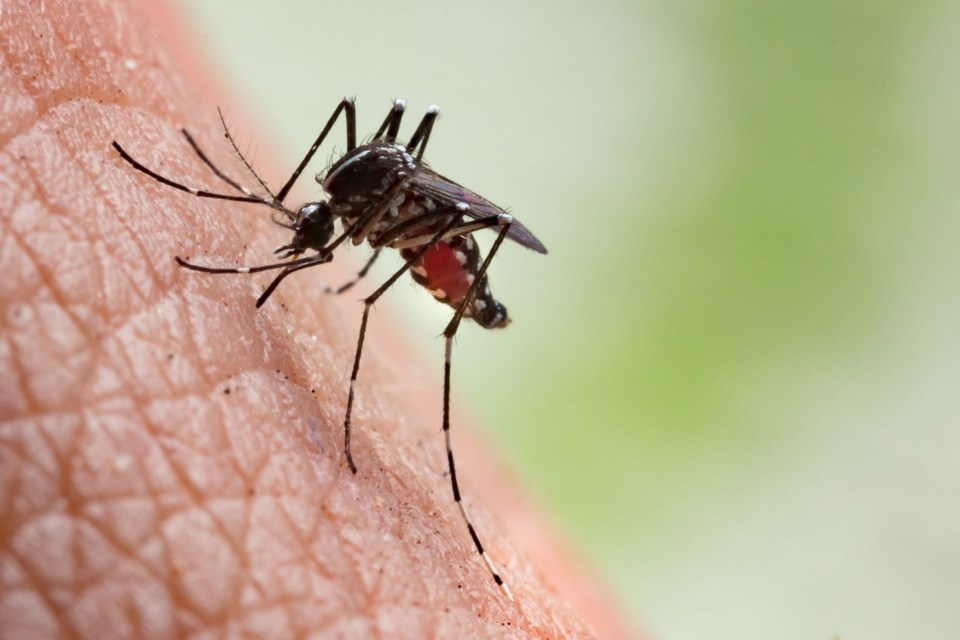Coming down with the West Nile Virus can be a painful experience for some people, but luckily, the risk of a Culex tarsalis mosquito biting you is almost non-existent.
According to the provincial government’s weekly surveillance and transmission risk report for West Nile Virus (WNV), officials detected a low number of Culex tarsalis mosquitos in southeast Saskatchewan, while all mosquito pools that were tested for West Nile Virus came back negative. This means the transmission risk is minimal to low; the Moose Jaw area is in the range of both.
Historically, the last two weeks of July and the first two weeks of August are when the risk for transmission is the highest, the province reported.
“The risk of humans acquiring WNV infection depends on various factors, including time of year, number and location of infected Culex tarsalis mosquitos, and numbers of days with sufficient heat,” the province added.
Sean Prager, an entomologist with the University of Saskatchewan, confirmed that there are zero cases of West Nile Virus in Saskatchewan, while he and other experts believe the virus will not flare up anywhere in the province.
“We don’t commonly have West Nile with any frequency, certainly not in people in Saskatchewan,” he said. “We expect it to come in when you have mosquitos and birds. If you don’t have a lot of birds, or as the birds start turning around and going the other direction (south), you’re increasingly less likely to get it, probably.”
So far this year, there have been higher numbers of mosquitos of all species than is average due to all the rain, Prager added. However, none have tested positive for the virus.
West Nile Virus typically doesn’t bother humans since it’s more of a mosquito and bird virus, he explained. The virus cannot reproduce in mammals, but it can in birds. If a mosquito bites an infected bird and then bites a human, that’s when people can become sick. However, if there are few birds around, humans are less likely to come down with the virus.
If a mosquito with West Nile Virus does bite you, you are unlikely to feel any effects — eight in 10 people usually have no symptoms, Prager said. Some people might come down with a moderate cold, or they could have headaches, fevers, or joint pain.
“A very, very small portion of people will have severe issues,” he added, such as hypertension or kidney problems.
Since there is no cure or vaccine for West Nile Virus, Prager recommended that people simply don’t get bit. According to the provincial government, to avoid being bitten, people should use repellents, cover up with long-sleeved clothes, and limit your time outside during peak times of mosquito activity. Mosquitoes can be active at any time but are most active in the evening and throughout the night.
Visit www.saskatchewan.ca and search for West Nile Virus to find the weekly surveillance results.




